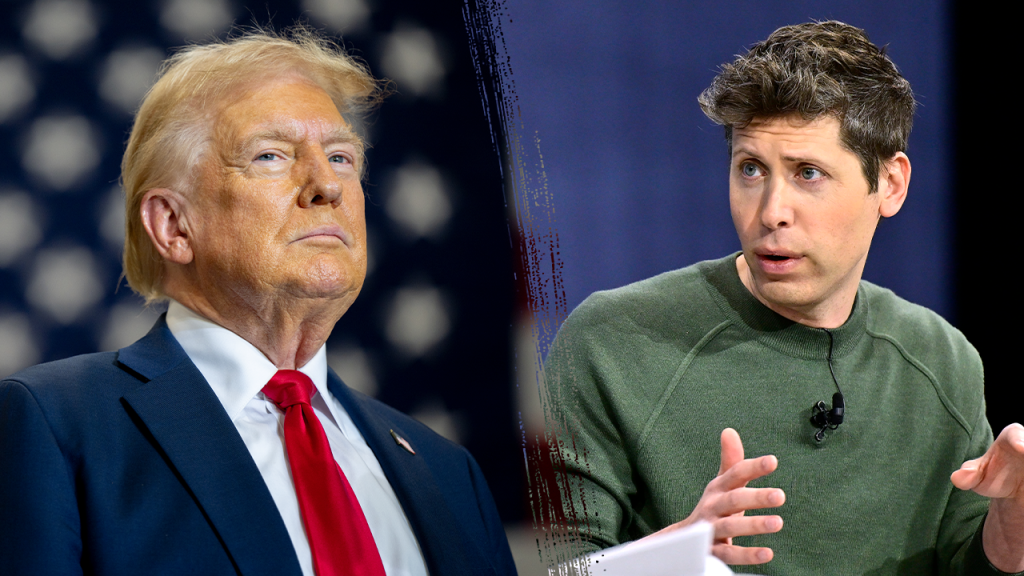OpenAI, a leading artificial intelligence company helmed by CEO Sam Altman, has partnered with the American Security Project (ASP) on an initiative called AI 2030. This initiative focuses on ensuring U.S. competitiveness against China in the field of artificial intelligence, a critical area of technological advancement with profound implications for national security and global leadership. The partnership has drawn scrutiny due to ASP’s association with figures aligned with Democratic causes and policies, raising questions about potential political influences within the initiative.
ASP, a think tank focused on national security issues, boasts a board with members who have served in Democratic administrations and expressed views critical of Republican policies. Notably, John Kerry, the former Special Presidential Envoy for Climate, co-founded ASP and served on its board. Other board members include David Wade, Kerry’s former chief of staff; Chuck Hagel, former Secretary of Defense under President Obama; and Rep. Don Beyer, a Democratic congressman. These affiliations, along with ASP’s advocacy for addressing climate change as a national security threat and its criticism of certain Republican foreign policy decisions, have fueled concerns about the organization’s partisan leanings.
OpenAI’s involvement with ASP through AI 2030 has further amplified these concerns, particularly given CEO Sam Altman’s own political contributions and affiliations. Altman has a history of donating predominantly to Democratic candidates and causes, although he has also made contributions to Republican campaigns, including a donation to Donald Trump’s inauguration. His political activities, combined with his leadership of a company at the forefront of AI development, have placed him at the intersection of technology, politics, and national security.
The AI 2030 initiative aims to shape public discourse on the strategic importance of AI and the imperative for the U.S. to maintain its leadership in this field against China’s ambitious goals. China has openly declared its intention to become the global leader in AI by 2030, posing a significant challenge to U.S. technological dominance. AI 2030 seeks to address this challenge by fostering bipartisan support for policies that promote AI development and innovation within the United States.
However, the perceived political leanings of ASP and some of its key figures, along with Altman’s own political contributions, have generated controversy. Critics question whether the initiative can genuinely maintain bipartisan objectivity given these affiliations and whether political considerations might influence its recommendations and activities. Concerns have also been raised about the potential for bias in the development and deployment of AI technologies, particularly given the significant power and influence these technologies are projected to wield.
Despite these controversies, both OpenAI and ASP maintain that the AI 2030 initiative is driven by a shared commitment to U.S. leadership in AI and national security. They emphasize the importance of bipartisan cooperation in addressing the challenges posed by China’s technological ambitions and argue that the initiative’s focus is solely on ensuring U.S. competitiveness in this critical area. ASP highlights its engagement with individuals from across the political spectrum, including former Trump administration officials, to demonstrate its commitment to bipartisan dialogue and consensus-building. They assert that the imperative of winning the AI race transcends partisan divides and requires a united effort to secure America’s future in this transformative technological landscape.















